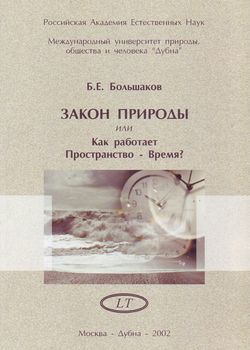Bashta Alexander Ivanovich, Doctor of Economics, director of the Scientific and educational center of noospherology and sustainable noospheric development, professor of chair of public administration of Taurian academy of the Crimean federal university named after V.I. Vernadsky
Buryak Victor Vladimirovich, Candidate of Philosophy, senior research associate of department of noospherology of the Scientific and educational center of noospherology and sustainable noospheric development, associate professor of philosophy, professor of UNESCO chair at Taurian academy of the Crimean federal university named after V.I. Vernadsky
Shostka Vladimir Ivanovich, Candidate of Physics and Mathematics, docent of general physics department of Taurian academy of the Crimean federal university named after V.I. Vernadsky
Smirnov Victor Olegovich, Candidate of Geography, scientific secretary of the Scientific and educational center of noospherology and sustainable noospheric development, senior lecturer of department of geoecology of Taurian academy of the Crimean federal university named after V.I. Vernadsky
Buts Nadezhda Vladimirovna, research fellow at the Scientific and educational center of noospherology and sustainable noospheric development of the Crimean federal university named after V.I. Vernadsky
Abstract
The paper deals with a wide range of new technologies, which are accompanied by numerous risks. Prospects of development of the Crimean region are provided through a systematic introduction of innovative public policy. Effective use of the latest technological innovation is inextricably linked with the noosphere formed worldview. Analysis of the effects of various development policies of intensive innovation finds that greater diffusion of relevant energy saving technologies that positively impact on the economy, society and ecology. The study authors suggest that the study of economic, energy and educational risks optimizes academic activities in research institutions and universities. The relevance of this subject is a priority for the staff of the Research and Education Center noospherology and sustainable development at the Crimean Federal University named after V.I. Vernadsky. Naturally, the risks of promotion of techno – scientific developments objective will be allocated, accounted for and minimized significantly.
KEYWORDS: noosphere, sustainable development, innovation, risks, scientific and technological progress, the development of the region.
Download article OPTIMIZATION FACTORS FOR NOOSPHERIC SUSTAINABILITY OF CRIMEAN REGION: ECONOMY, ENERGY AND EDUCATION
![]()

 ПОСЛЕДНИЕ ЭКЗЕМПЛЯРЫ ТИРАЖА
ПОСЛЕДНИЕ ЭКЗЕМПЛЯРЫ ТИРАЖА


